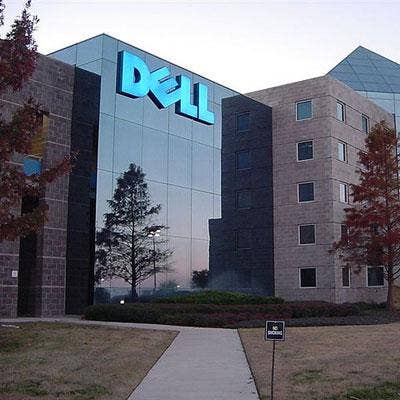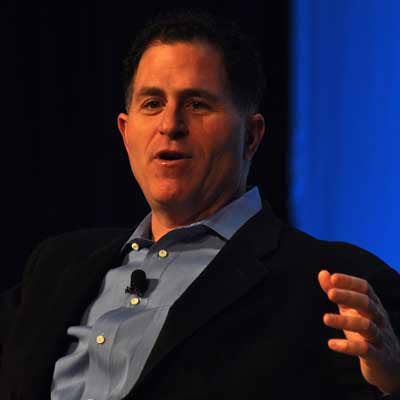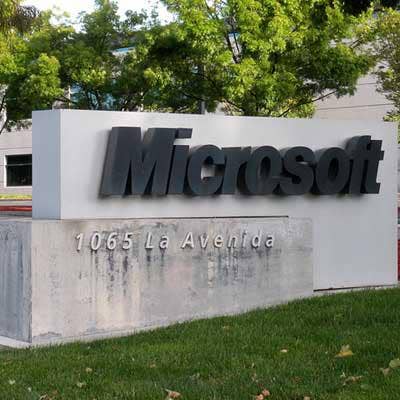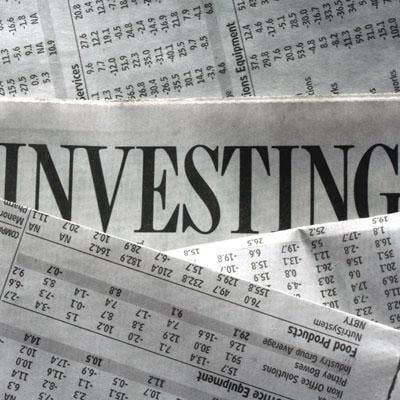Who's Who: The Key Stakeholders In Dell's $24.4B Deal To Go Private

The Many Stakeholders In Dell's $24.4 Billion Privatization Deal
The privatization of Dell is not all about CEO Michael Dell and investment firm Silver Lake Partners, which are taking over the company. There are a lot of parties who either have a hand in the deal or who will be impacted by the transformation of Dell from a commodity hardware reseller to a provider of enterprise solutions.
These include other investors, a Dell executive with close ties to Silver Lake Partners, employees, financial institutions and channel partners.
This is a big deal, literally, for a lot of people. Turn the page to see who they are and what they can expect.

Dell: Accelerating The Transformation
Dell as a company has been in a state of transformation from a developer and direct seller of PCs to a provider of enterprise solutions since it acquired storage vendor EqualLogic in 2008.
That transformation has been forced into high gear given that Dell's PC business, and PC sales in general, have been falling. Yet, given the importance even now of PCs to Dell's overall business, Dell has a lot of work to do to meet future business requirements.
Unfortunately, the kind of steps a company as large as Dell needs to take is hard to do under Wall Street scrutiny. For an example, look at the investor backlash caused when HP in 2011 considered selling or spinning off its Personal Systems Group (PSG).
Such transformations are better accomplished behind closed doors. And, Dell can close the doors by going private.

Michael Dell: Chance To Prove Dell Is Not A PC Company
Michael Dell (pictured), CEO of the company that bears his name, has been very public in his desire to transform Dell from its PC-centric focus to a provider of enterprise solutions, so much so that a year ago this month he took the stage to say, "Dell is not a PC company. It is an end-to-end solutions company."
In the deal to take Dell private, Michael Dell is pledging a significant portion of the investment in return for a controlling share in the company. This includes Dell's 16 percent stake in the company, worth about $3.7 billion, plus $700 million from his investment firm, the Wall Street Journal reported.

Silver Lake Partners: Experience In Privatization
Silver Lake Partners, with which Michael Dell is acquiring Dell, is one of the world's top technology investors, and prior to the Dell deal, it had about $14 billion in assets under management.
Silver Lake Partners is no newcomer to taking major IT vendors private. The investment company took the lead in hard drive vendor Seagate's 2000 move to go private.
Silver Lake Partners was also an investor in Skype before it was sold to Microsoft.
Silver Lake Partners and Michael Dell have had a long-term investment relationship stretching back to 1999, Bloomberg reported.

John Swainson: Experienced Leader, Former Investor
John Swainson (pictured), hired a year ago by Dell as its president of the company's software business, could be a major player in the privatization deal.
Prior to coming to Dell, Swainson was a senior advisor to Silver Lake, which is investing in Dell's privatization move. Swainson also brings a wealth of executive experience to any deal that moves Dell away from its focus on commodity hardware, as he served as CEO of CA Technologies between 2005 and 2009.

Dell Employees: Uncertainty
Given Dell's goal of refocusing the company from its commodity hardware roots to enterprise solutions, the biggest group of Dell employees to be impacted will be in its PC business. While some of those employees could transfer to work on new mobile devices to replace the PCs that customers are less likely to purchase in the future, there is a good chance that there will be no room for many of them in the new Dell.
Other Dell personnel could feel the pain of the restructure. Dell has made many acquisitions over the past few years including three storage vendors, a few security companies, several small developers of point technologies in storage and automation, and, in its biggest deal, Quest Software.
With the doors closed to Wall Street scrutiny, Dell can be expected to look at how to better consolidate and integrate those different businesses and their people.

Microsoft: Big Loan To Dell, OS Conditions
While Microsoft had been rumored to be planning to invest in Dell's privatization, the operating system and software giant will instead loan the investors $2 billion to help finance the details. It is widely believed the change came in response to concerns that Microsoft might favor Dell over its other OEM partners.
However, there are strings attached. While Microsoft will not get a seat on Dell's board, there is a stipulation in the agreement between the two companies that "Dell would agree to use Microsoft's Windows software to power the vast majority of its devices," the Wall Street Journal reported.
This is seen industry-wide as a move by Microsoft to stem the customer exodus from the company's Windows operating system to other fast-growing operating systems such as Apple's iOS and Google's Android.
However, for Microsoft, the possibility of such a tight bond with Dell puts its OEM relationships with other top-tier PC and server vendors in possible jeopardy.

The Financiers: An Eclectic Group
The $24.4 billion price tag for privatizing Dell is dependent upon a wide range of investors and financial institutions.
Leading the investment are CEO Michael Dell and Technology investment giant Silver Lake Partners. Among those helping finance the privatization are:
* Microsoft, who as previously noted is loaning the investors $2 billion.
* MSD Capital, a money management firm founded to manage Michael Dell's investments, is investing $700 million.
* Debt financing for the deal is being provided by BofA Merrill Lynch, Barclays, Credit Suisse and RBC Capital Markets.
* Also included in the deal are debt rollovers from Dell the company as well as the company's considerable cash-in-hand.

The Investors: Did The Dell Deal Sell Them Short?
A deal as large and as complex as the $24.4 billion deal to privatize Dell is sure to have its detractors from among Dell's investment community, and it will likely attract investor lawsuits over the valuation.
Indeed, the grousing is already starting.
CRN reported Tuesday that several law firms are already planning to investigate Dell's Board for possible breaches of fiduciary duty related to the investment.

Channel: Happy, Worried
Solution providers see two sides to Dell's privatization move.
The first side is the opportunity for Dell to go through the painful transformation into an enterprise solution developer. Paul Clifford (pictured), president of Davenport Group, a St. Paul-based solution provider, said Dell should be able to accelerate its enterprise transformation without the eyes of Wall Street on them. "Dell is bringing us great products and support," Clifford said. "If they go private, I think we'll see more good stuff."
The second side is how Microsoft's new relationship with Dell will impact the rest of the industry. Michael Goldstein, CEO of LAN Infotech, a Fort Lauderdale, Fla.-based solution provider, said such a close relationship between the two is a little scary. "Dell is Microsoft's biggest reseller partner," Goldstein said. "They're hugely important. Seeing the two of them combined makes me a little nervous because we're a smaller solution provider, and we don't want to get lost in the mix if [the deal] does happen."